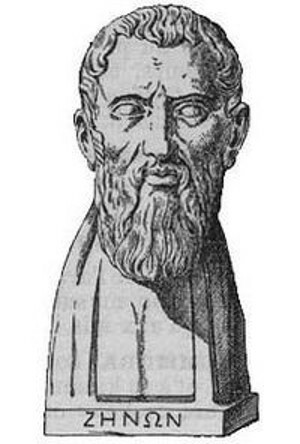In his work "Politics”, Aristotle distinguishes political regimes and forms or modes of government. The first term refers to the criterion that separates who governs and the number of rulers. We have, therefore, three political regimes: monarchy (power of only one), oligarchy (power of a few) and democracy (power of all). The second (forms of government) refers to what they govern in view of, that is, for what purpose. For the philosopher, governments must govern in view of what is just, in the general interest, the common good. Thus, six forms of government are classified: that which is one for all (royalty), from some to all (aristocracy) and from all to all (constitutional regime). The other three modes (tyranny, oligarchy and democracy) are distortions, degenerations of the former, that is, they do not govern for the common good.
Aristotle makes a critical analysis of the way in which power is distributed in cities (each one is given the proportional power that belongs to him). For those who think so, the city becomes a painful way of individual life. Aristotle, by contrast, believes that political coexistence is the greatest good. For oligarchs and democrats, “it would be better to live alone, but that is not possible: we need the power of everyone to protect that of each other” (Francis Wolff). The city is based on friendship and non-affection, and not on a means of defense, as it is not about everyone's interests, but about everyone's happiness.
Aristotle then proposes five possibilities for candidates for power: the (poor) mass, the possessing class, men of valor, the best man, and the tyrant. This is discarded because its power is based on strength. The mass could deprive others in its name. The possessing minority would rule for its own sake. The virtuous men or even the best man would exclude others from the decision. At first, Aristotle believes that power must belong to all citizens. But this democracy has some restrictions.
Do not stop now... There's more after the advertising ;)
In Aristotelian-type democracy, the people are sovereign. However, there is a restriction in the concept of freedom, as living as you see fit contradicts this concept for Aristotle. Laws are freedom, salvation, because from the moment the people do what they want, as if nothing were impossible, democracy becomes a tyranny. Living as it pleases turns democracy into individualism, contrary to the common good.
Democracy according to Aristotle must therefore be totally sovereign, but with two limitations: it must not go beyond the organs of deliberation and judgment, as these are collective powers expressed in a constitution (the group of people is superior to each individual) and do not require competence technique; the second limitation is the duty to act in accordance with the law.
The philosopher questions two points:
- The exceptional man (the king);
- The general rule (the laws).
The king is subject to passions, but he can adapt to particular cases; laws, on the other hand, are fixed, rational, but they do not adapt to all situations in particular.
Thus, Aristotle maintains the idea that the people deliberate and judge better than the individual, but with the prerequisite that there are enough good men to qualify the decisions, otherwise the royalty will show required.
By João Francisco P. Cabral
Brazil School Collaborator
Graduated in Philosophy from the Federal University of Uberlândia - UFU
Master's student in Philosophy at the State University of Campinas - UNICAMP
Philosophy - Brazil School
Would you like to reference this text in a school or academic work? Look:
CABRAL, João Francisco Pereira. "Political Regimes and Forms of Government according to Aristotle"; Brazil School. Available in: https://brasilescola.uol.com.br/filosofia/os-regimes-politicos-as-formas-governo-segundo-aristoteles.htm. Accessed on June 27, 2021.

